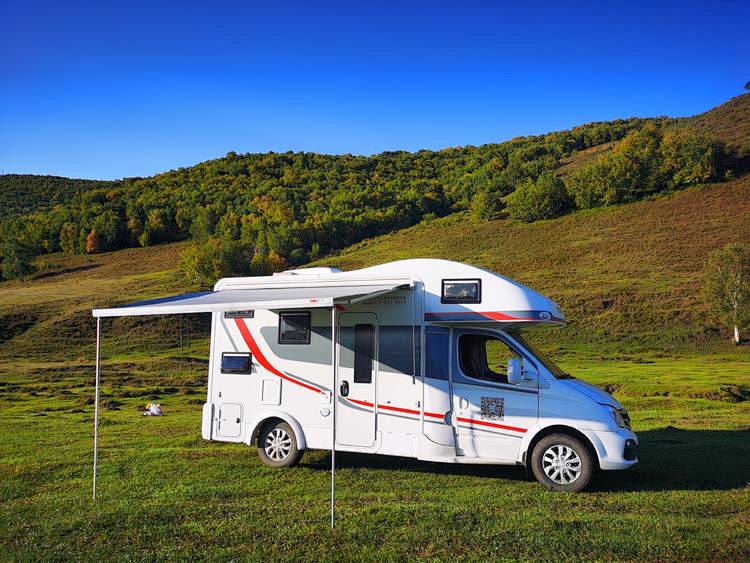When it comes to maintaining your RV, one of the most important tasks is ensuring that all the seals and seams are properly sealed and protected. This is where RV sealants come into play. Choosing the best RV sealant for your vehicle is crucial in order to prevent leaks, water damage, and other potential issues. With a wide variety of options available on the market, it can be overwhelming to make the right choice. To help you navigate through the selection process, here is the ultimate guide to choosing the best RV sealant for your vehicle.

1. Consider the Material: RV sealants come in different materials such as silicone, butyl, and urethane. Each material has its own set of advantages and disadvantages. Silicone sealants are known for their flexibility and weather resistance, while butyl sealants are easy to work with and provide excellent adhesion. Urethane sealants are durable and offer great UV resistance. Consider the specific needs of your RV and choose a sealant material that best suits those requirements.
2. Application Method: RV sealants are available in various application methods including caulk tubes, sealant tapes, and sealant liquids. The application method you choose should align with the type of sealing job you need to perform. For larger areas, sealant tapes or liquids may be more suitable, while caulk tubes are ideal for smaller, more precise applications.
3. UV Resistance and Weatherproofing: Since RVs are constantly exposed to the elements, it's important to select a sealant that offers excellent UV resistance and weatherproofing properties. This will ensure that the sealant remains intact and effective in protecting your RV against sun, rain, and other environmental factors.
4. Flexibility and Durability: A good RV sealant should be flexible enough to accommodate the movement of the RV without cracking or losing adhesion. Additionally, it should be durable enough to withstand the rigors of travel and outdoor exposure.
5. Compatibility: Ensure that the RV sealant you choose is compatible with the materials it will be in contact with, such as rubber, metal, fiberglass, or plastic. Using an incompatible sealant can lead to damage and deterioration of the RV components.
By considering these factors, you can make an informed decision when choosing the best RV sealant for your vehicle. Properly sealing your RV will not only protect it from potential damage but also extend its lifespan, allowing you to enjoy your travels with peace of mind.
Post time: Jul-01-2024
